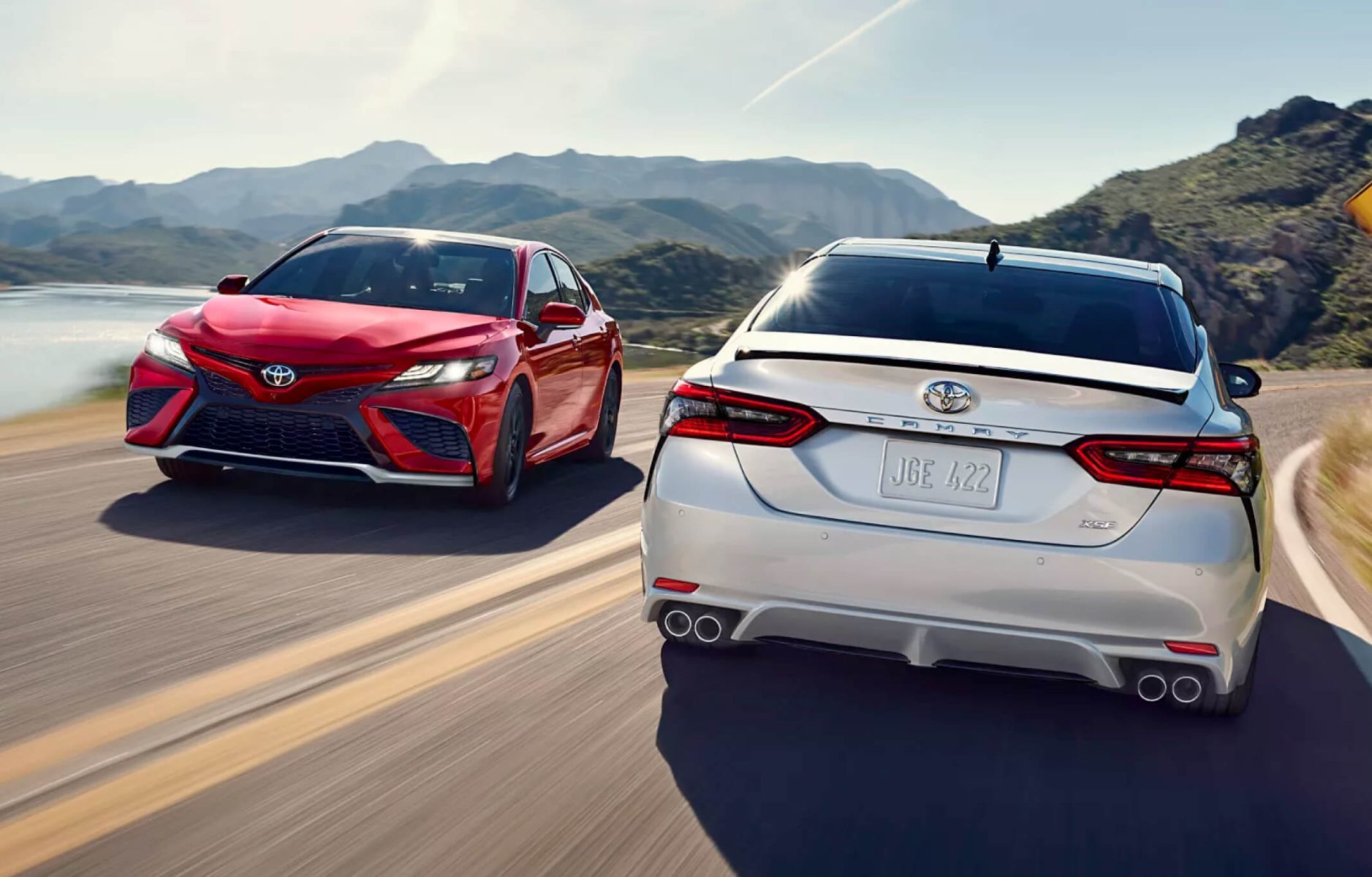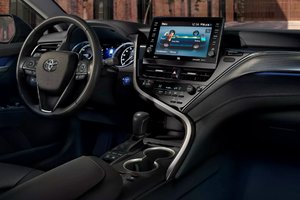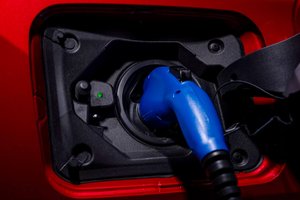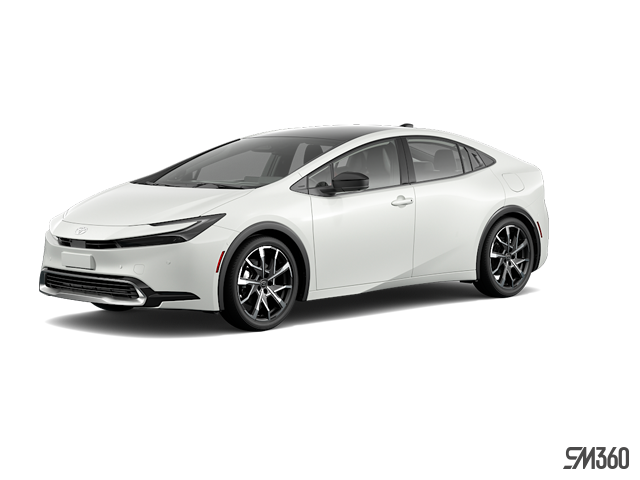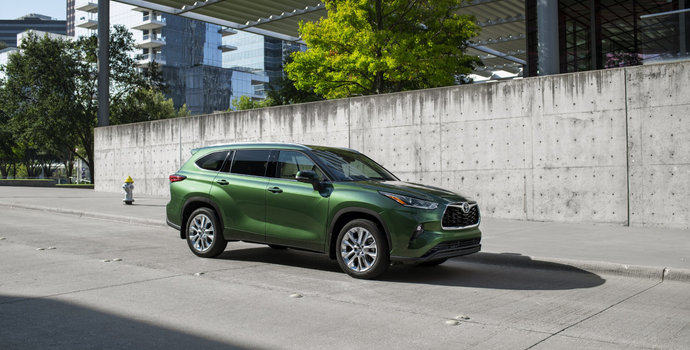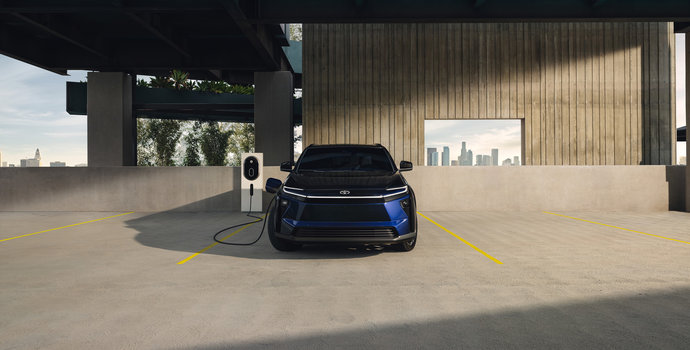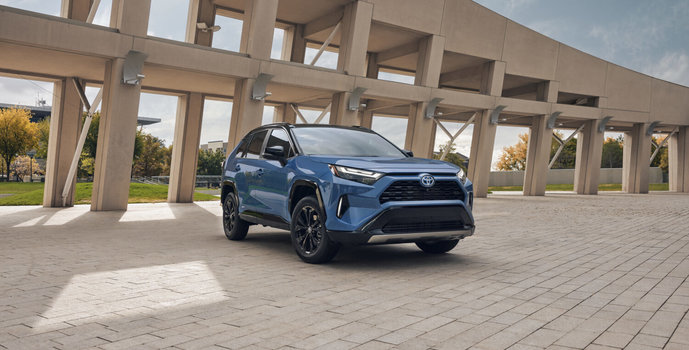With the rise in gas prices, talk inevitably comes back around to hybrid, plug-in hybrid, and fully electric vehicles. However, electrified powertrains are nothing new to Toyota. They have been leading the charge (pun intended) for over two decades since the introduction of the first Toyota Prius. Today, Toyota offers electrified vehicles from compact sedans to full-size pickups to help power your lifestyle and reduce your gasoline consumption and CO2 emissions.
The Toyota hybrid models available in 2022 include the Prius, Corolla Hybrid, RAV4 Hybrid, Venza, Highlander Hybrid, Sienna, and Tundra Hybrid.
Here are the top eight reasons why you should opt for a Toyota Hybrid model in Ontario.
1. Powerful Performance
Many people think opting for a hybrid vehicle means suffering with an underpowered vehicle and experiencing inadequate performance. However, that notion could not be further from the truth. In fact, Toyota hybrid electric vehicles (HEVs) and plug-in hybrid electric vehicles (PHEVs) create more instant torque and smoother acceleration off the line than conventional gas engine vehicles.
Most of the time, you will find higher horsepower ratings in vehicles that include some sort of electric battery power instead of just a natural combustion engine. In 2018, Toyota decided to put hybrid power to the test by entering the '24 hours of Le Mans' competition with a TS050 hybrid race car model. The world's oldest active endurance sports car racing event, Le Mans saw its first hybrid vehicle take home the victory.
2. Seamless Drive
Driving a hybrid model is no different than driving a gas-powered vehicle. Toyota's electrified powertrains work seamlessly in the background, meaning that you do not have to change a thing about how you drive or how you fuel your vehicle. While PHEVs need to be plugged in for electric-only driving, hybrid electric vehicles work in combination with the gas engine without any change to how you have always driven. You simply need to stop at the gas station less frequently.
3. No additional routine maintenance
You might be afraid that a Toyota Hybrid model has more parts and more maintenance requirements than a conventional gas engine vehicle. However, that is not the case. Toyota Hybrids need no additional maintenance and follow the exact same maintenance schedule as their gas-powered counterparts.
Not only do they follow the same maintenance schedule (every six months or 8,000 km, whichever comes first), the hybrid electric system can actually reduce how often other areas of the car need servicing. Depending on how you drive, the gas engine would be off more than usual, saving maintenance. Also, the regenerative braking system saves pad and rotor life.
4. Reduced CO2 Emissions
Since launching the original Prius in Japan in 1997, Toyota's electrified vehicles have prevented over 94 million tons of CO2 emissions globally. According to the U.S. Department of Energy, a gasoline-powered vehicle has annual emissions of 11,435 pounds of CO2. Driving a Toyota Hybrid reduces CO2 emissions by almost half--emitting 6,258 pounds of CO2 per year.
5. Advanced Safety Measures
Just like any other Toyota vehicle, Toyota Hybrid models and their components are designed and tested for life in Ontario and across Canada. They also adhere to Canada Motor Vehicle Safety Standards.
Toyota Hybrids are just as safe as non-hybrid vehicles in the event of a collision. The battery units are sealed in a protective metal case and insulated from the vehicle body. In addition, Toyota works closely with first responders to provide information and material for training on how to work with hybrid vehicles.
All the Toyota Hybrid models come standard with Toyota Safety Sense (TSS). This is Toyota's suite of driver-assist technologies that are designed to keep you, your passengers, and all who share the roads safer. TSS features can vary depending on the model, but they all feature a pre-collision system, lane departure alert, and automatic high beams.
6. Canadian weather compatibility
If you think that Toyota Hybrid vehicles with electric batteries aren't built for harsh Canadian winters, think again. All Toyota Hybrids have been extensively tested in cold weather, with the automaker ensuring that they are ready to tackle whatever a Canadian winter might bring.
7. Batteries designed to last
Even the battery system has been optimized for use in Canada's cold weather, ensuring that range and fuel economy does not suffer as the temperature drops. The batteries in Toyota Hybrids are designed to last--in fact, over 98% of Toyota Hybrid vehicles sold in Canada since 2001 have never had their original battery replaced. And thanks to the extended warranty on hybrid batteries--10 years or 240,000 km for the hybrid battery--you will probably never have to worry about it either.
8. Cheaper Fuel consumption
While there are a lot of good reasons to pick a Toyota Hybrid, one of the main draws is better fuel economy and less money spent at the gas pump. For example, a 2022 Toyota Highlander gets 10.2 L/10km combined fuel economy, but the Highlander Hybrid gets 6.7 L/100km combined fuel economy. You can drive longer and farther for less when opting for a hybrid.
Toyota offers some of the best hybrid SUV models and hybrid sedan models in Canada, adding a Tundra Hybrid for 2022 as well. These were just eight reasons why you should opt for a 2022 Toyota Hybrid, but there are many, many more.
You might also be interested in these blogs:

